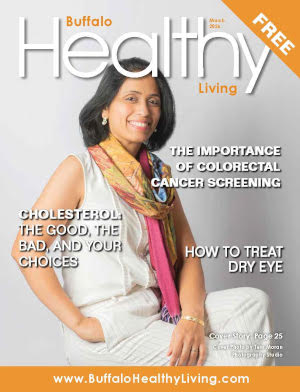Fibroid Awareness: Advocate for Yourself and Seek a Second Opinion

By Annette Pinder
Few people know July is National Fibroid Awareness Month or that July 1 is National Wear White Day. Fibroids are a rarely discussed and often painful health issue that affects 20 to 80% of women by the time they reach age 50.
According to J’Leise Sosa, MD, MPH, FACOG, uterine fibroids are benign tumors that grow in the uterus of women of childbearing age. More common in African Americans, than in White, Hispanic, or Asian women, common symptoms include abdominal pain, heavy bleeding, frequent urination, lower abdominal bloating, pregnancy complications, and reproductive problems. Sometimes there are no symptoms. While the U.S. Federal Drug Administration Office of Women’s Health (FDAOWH) notes that fibroids typically resolve after menopause, fibroids are the leading reason for hysterectomies.
Dr. Sosa says, “Hysterectomies have traditionally been identified as the sole option. Often a woman who no longer wants any children at age 26 thinks the best solution is a hysterectomy, but other options, including medications and minimally invasive procedures, enable a quicker recovery while preserving fertility.”
“Fortunately, hysterectomy is not the only option to alleviate fibroid symptoms in women prior to menopause,” says Dr. Sosa “The medication Myfembree treats heavy bleeding. Minimally invasive procedures that effectively alleviate fibroid symptoms include non-surgical uterine fibroid embolization or fibroid radiofrequency ablation, and myomectomy, which removes fibroids while retaining the uterus. Additionally, new research data shows that many women with fibroids are vitamin D deficient. Also, EGCG (an extract of green tea), has been shown to slow fibroid growth and prevent new fibroids from developing.
Most importantly, Dr. Sosa says women need to advocate for themselves. “In the past, many women who experienced pain due to fibroids were disregarded by their gynecologists, or labeled as histrionic. Some women also have symptoms consistent with other possible conditions. For example, one patient thought she was suffering from acid reflux, for which she was taking medications. She was unable to finish a meal without feeling uncomfortably full, and underwent an endoscopy. It turned out that her fibroid uterus extended all the way to her rib cage, decreasing the volume of her stomach, which explained her symptoms.”
Dr. Sosa advises women to be aware of such lesser-known symptoms, such as feeling extremely full after eating, bladder frequency, constipation, pain with intimacy, and leg pain. She adds, “It is very important for gynecologists to truly listen to their patients, and for patients to advocate for themselves. See a physician who specializes in the area of concern you have. And know that a good doctor would not be offended by you seeking a second opinion.”
J’Leise Sosa, MD, MPH, FACOG is Medical Director of Oishei Children’s Hospital OB-GYN: Kensington & Niagara Street. To make an appointment to see Dr. Sosa, call 716-898-5000. Learn more about Fibroid Awareness Day and read personal stories shared by women by visiting www.tinyurl.com/4hvjhx78.









